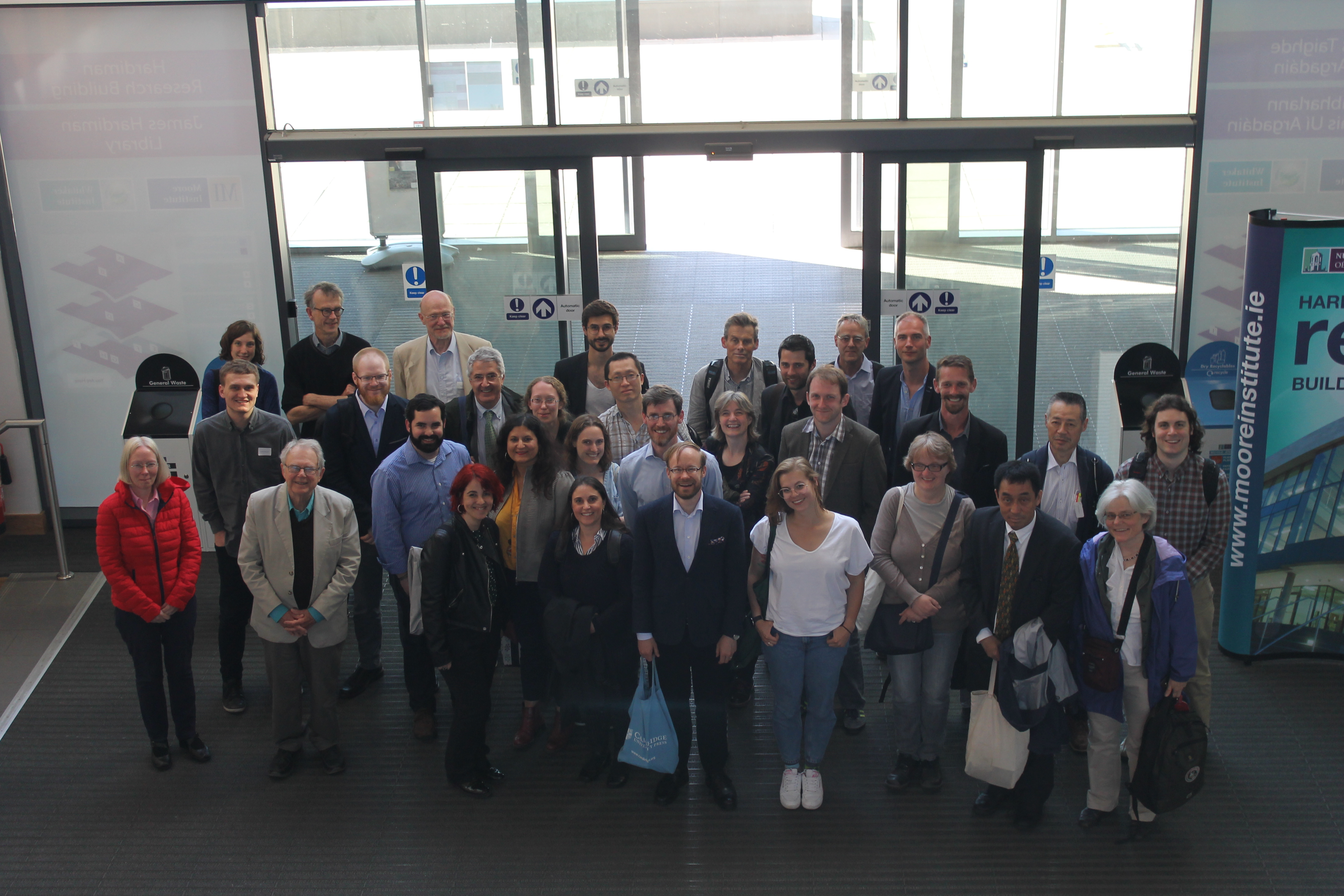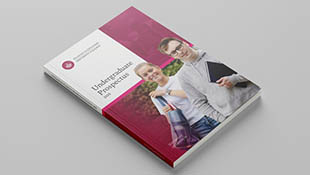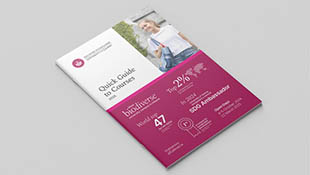-
Courses

Courses
Choosing a course is one of the most important decisions you'll ever make! View our courses and see what our students and lecturers have to say about the courses you are interested in at the links below.
-
University Life

University Life
Each year more than 4,000 choose University of Galway as their University of choice. Find out what life at University of Galway is all about here.
-
About University of Galway

About University of Galway
Since 1845, University of Galway has been sharing the highest quality teaching and research with Ireland and the world. Find out what makes our University so special – from our distinguished history to the latest news and campus developments.
-
Colleges & Schools

Colleges & Schools
University of Galway has earned international recognition as a research-led university with a commitment to top quality teaching across a range of key areas of expertise.
-
Research & Innovation

Research & Innovation
University of Galway’s vibrant research community take on some of the most pressing challenges of our times.
-
Business & Industry

Guiding Breakthrough Research at University of Galway
We explore and facilitate commercial opportunities for the research community at University of Galway, as well as facilitating industry partnership.
-
Alumni & Friends

Alumni & Friends
There are 128,000 University of Galway alumni worldwide. Stay connected to your alumni community! Join our social networks and update your details online.
-
Community Engagement

Community Engagement
At University of Galway, we believe that the best learning takes place when you apply what you learn in a real world context. That's why many of our courses include work placements or community projects.
Glossing cultural change
Glossing cultural change: Comparative perspectives on manuscript annotation, c. 600–1200 CE
National University of Ireland, Galway, 21–22 June 2018
Glossing, the practice of annotating manuscripts between the lines and/or in the margins, was a widespread cultural practice wherever books were being read, studied and taught. As an indication of this, the Network for the Study of Glossing currently has 85 members with research interests in glossed manuscripts written in Arabic, Breton, Chinese, German, Greek, Egyptian, English, French, Hebrew, Hittite, Irish, Japanese, Korean, Latin, Sanskrit, Turkish, and Welsh.
This two-day conference, organised by Pádraic Moran, brought together 24 speakers from 15 countries, working in a variety of fields, to discuss aspects of glossing from a comparative perspective.
Downloads
- Glossing Cultural Change: Programme
- Glossing Cultural Change: Abstracts
- Glossing Cultural Change: Poster
- Glossing Cultural Change: Practicalities
Twitter: #glossinggalway
Conference programme
Venue: room G-010, ground floor, Hardiman Research Building (beside Library)
Thursday 21 June 2018
8:45 Coffee/tea & croissants served
9:15 Conference begins (welcome address)
9.30–11am Session 1: Gloss as discourse
Bernhard Bauer, Maynooth
‘Before every book its title’: explanatory glosses in the St Gall Priscian
Mariken Teeuwen, Amsterdam/Utrecht
Creating new knowledge in the margin: Carolingian scholarly practices unveiled
Ciaran Arthur, Belfast
Glossaries and textual concealment in Anglo-Saxon ritual texts
11am–11:30 Coffee break
11:30–1pm Session 2: Glossing the past
Jesse Keskiaho, Helsinki
Annotating pre-Christian culture in Augustine’s The City of God (fifth to ninth centuries)
Catherine Swift, Limerick
Glosses in Tírechán’s text and the shaping of the canon of Patrician tradition
Irene O’Daly, Amsterdam
Defining civilis scientia: diagrammatic glossing to Cicero’s De inventione
1pm–2pm Lunch break
2pm–3:30 Session 3: Glossing and translation
Alderik Blom, Marburg
The pragmatics of multilingual glossing in the early Middle Ages: glosses, punctuation, construe marks
Sven Osterkamp & André Podzierski, Bochum
How, for whom, and to what end? Japanese metatexts on translating and glossing Chinese texts
Franck Cinato, Paris
Syntactical glosses and word order: issues and evidence
3:30–4pm Coffee break
4pm–5:30 Session 4: Glossing scripture
Elvira Martín-Contreras, Madrid
Rethinking the function of the annotations placed in the margins of the oldest Hebrew biblical manuscripts
Paulina Zagórska, Poznań
Trial and error. What corrections to the gloss can tell us: the case of the Old English gloss to the Eadwine Psalter
Inmaculada Senra Silva, Madrid
Glossing with runes in tenth-century northern England: the case of the glosses to the Lindisfarne Gospels and the Durham Ritual
5.30pm Wine reception (jointly organised with the Insular Manuscripts project, Leicester)
Friday 22 June 2018
9:30–11am Session 5: Glossing the law
José Miguel Viejo Ximénez, Las Palmas de Gran Canaria
Glossing Gratian’s Decretum in the first decades of the Bolognese school: textual authority and intellectual efforts
Tatsushi Genka, Tokyo
The early Transalpine Decretistic: its manuscript transmission and readers
Carolina Gual Silva, Campinas
Glossing tithes: the definition of jurisdictions through glosses in canon law
11am–11:30 Coffee break
11:30–1pm Session 6: Commentary and transmission
Teiji Kosukegawa, Toyama
Glossing and reading the Analects of Confucius (論語) by vernacular languages in the Sinosphere
Sinéad O’Sullivan, Belfast
Scholia non serviana, Lactantius Placidus and the Vatican Mythographers: a case study of Montpellier, Bibliothèque interuniversitaire, Section médecine, H 253
Elke Krotz, Vienna
One Abavus maior, many Abavi maximi: the history of a glossary and its vernacular strata
1pm–2pm Lunch break
2pm–3:30 Session 7: Glossing systems
Giuseppe Speciale, Catania
Accursius’ Magna Glossa as hypertext
Andreas Nievergelt, Zürich
Dry-point glossing in East and West
John Whitman, Cornell
Sources for Korean and Japanese vernacular glossing in medieval Chinese manuscript practice
3:30–4pm Coffee break
4pm–5:30 Session 8: Editing glosses
Michael Herren, Toronto
Challenges in editing the Épinal-Erfurt Glossary
Matthew Zisk, Yagamata
Glossing glosses: a look at contemporary glossing methods of kundoku texts and a proposal for a universal standard
Pádraic Moran, Galway
Challenges in editing glosses and prospects for future collaborations
5:30–6pm Closing discussion
This conference has been supported by NUI Galway’s College of Arts, Social Sciences and Celtic Studies; Research Office; and Centre for Antique, Medieval and Pre-modern Studies (CAMPS).





















